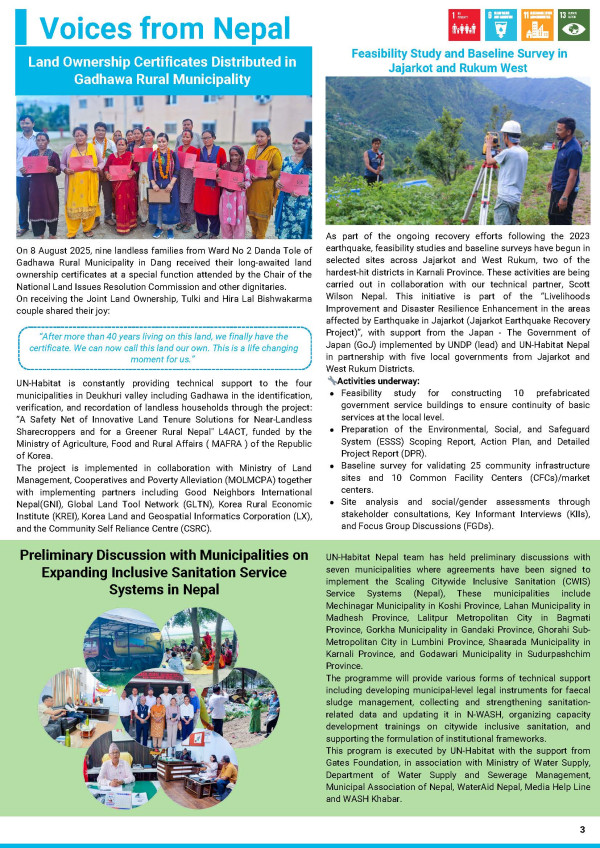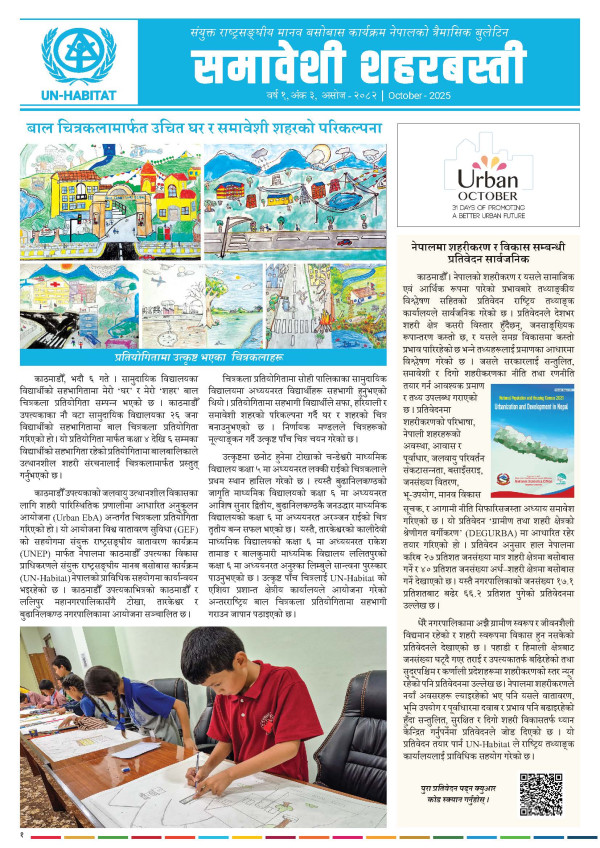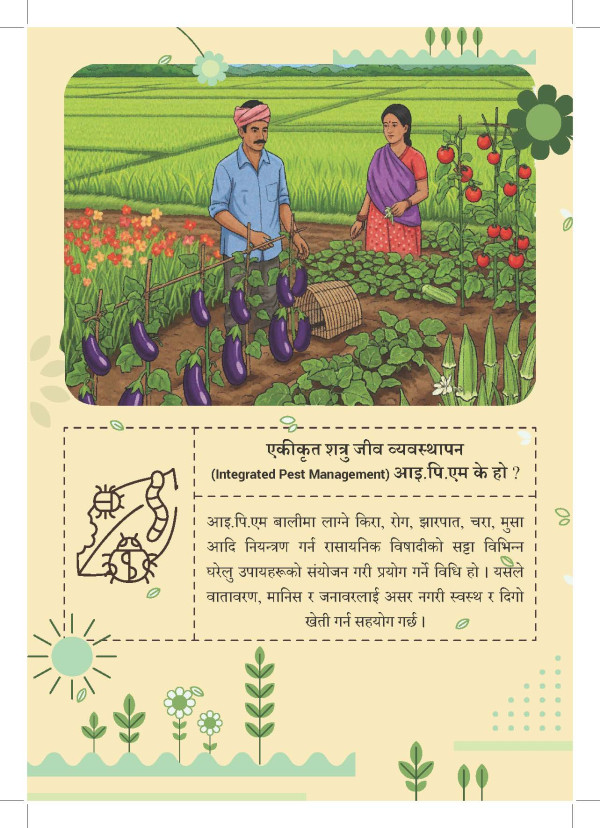Urban EbA Training Launch: Building Climate Resilience in Madhyapur Thimi Municipality

The first community-level rolling-out training event titled “Understanding Ecosystem-Based Adaptation for Climate-Resilient Development in the Kathmandu Valley” was successfully conducted in Madhyapur Thimi Municipality on 25 and 27 June 2025. This event was organized as part of the ongoing project, Urban Ecosystem-based Adaptation for Climate-resilient Development in the Kathmandu Valley, which aims to strengthen urban resilience to climate change in the Kathmandu Valley. The project is funded by the Global Environment Facility (GEF) and implemented by the UN Environment Programme (UNEP), in collaboration with the Kathmandu Valley Development Authority (KVDA), with UN-Habitat Nepal serving as the technical partner.
The primary objective of this training event was to raise awareness of planned EbA interventions, foster community ownership, and ensure inclusive participation in the mainstreaming of EbA within municipal planning and budgeting processes. The orientation also emphasized the crucial role of communities as stewards of the urban ecosystem.
A total of 65 participants actively took part in the orientation and initial roll-out of the Urban EbA community orientation event. Attendees included representatives from the Tole Development Committees of all nine wards, along with members of women’s groups, youth clubs, senior citizens’ groups, teachers and students, eco-clubs, community forest user groups, and communities affected by climate change. The program featured presentations from experienced Urban EbA Training of Trainers (ToT) participants on climate change impacts and the role of Ecosystem-Based Adaptation (EbA) measures, complemented by interactive learning sessions, group discussions, and participant-led experience sharing.
At the first event, Mr. Lila Khatiwada, Deputy Development Commissioner at KVDA, stressed the vital role of local communities in leading climate adaptation efforts, emphasizing the need for capacity-building at the grassroots level. He noted that community activism is key to ensuring the long-term success of the Urban EbA program. Likewise, Ms. Januka Dhakal, Development Commissioner at KVDA, thanked participants for their active involvement and underscored that community-level orientation on Urban EbA will not only deepen participants’ understanding but also strengthen participatory engagement, which is crucial for climate-smart urban development at the local level. Participants expressed their appreciation for the valuable insights they gained into the EbA concept, praised the engaging learning approach, and emphasized the importance of implementing similar programs at the community level and the need for continued Urban EbA interventions to strengthen community resilience.
This successful rolling-out training event is recognized as a key milestone in strengthening cooperation among local communities, municipalities, KVDA, and other urban development stakeholders, laying the foundation for long-term, climate-resilient development in the Kathmandu Valley. Furthermore, the training will be rolled out in other municipalities involved in the project.





